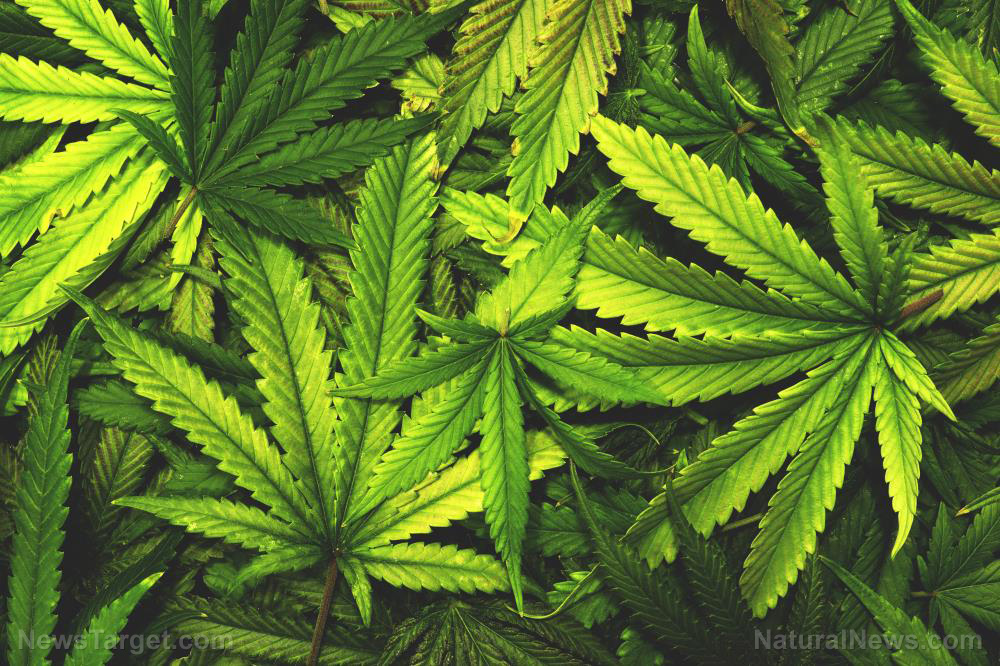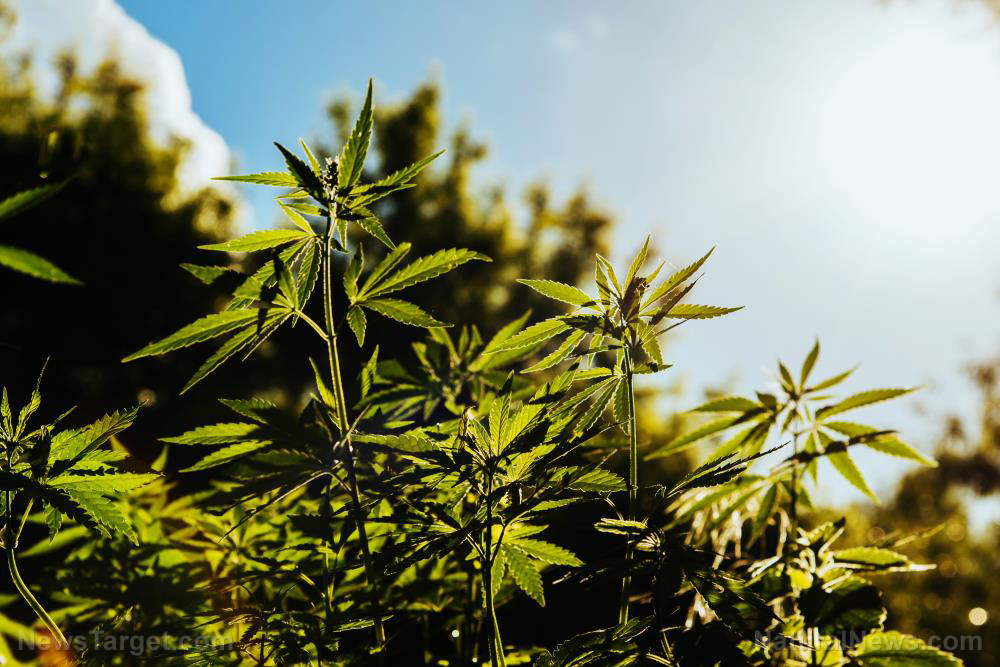
During a recent congressional hearing, FDA Commissioner Ned Sharpless expressed his opposition to the legal use of CBD, insisting that there are "real risks" associated with its use. He added that "critical questions remain" about not just CBD but also the many other natural components of cannabis, which are beginning to show up in all sorts of foods and dietary supplements."
Because CBD is a mere food product, meaning it's not a patentable "drug" – which is technically also true for tetrahydrocannabinol, or THC, another naturally-occurring component of cannabis – the FDA has no legal jurisdiction over its use and consumption. And this greatly upsets the FDA, which has repeatedly indicated a desire to control everything that people consume for their own health.
Since the passage of the 2018 Farm Bill, which re-legalized the growing hemp in the U.S. following many decades of prohibition, CBD products have exploded – and now the FDA wants to interfere and put a stop to it, or at least claw for itself a piece of the pie.
"In the 10 hours of testimony, I think the panel was given some good information and some bad information," says Colleen Keahey Lanier, the executive director of the Hemp Industries Association, about the FDA's efforts to push its weight around concerning the legality of CBD. "So, it is a risk at this point."
With no known side effects or psychoactivity, CBD oil has become a go-to for millions of Americans trying to ease pain, quell anxiety, get better sleep, and minimize seizures. There's also a growing body of evidence to suggest that CBD is anti-cancer, and that it could help people with Alzheimer's disease and other forms of dementia.
"We see consumers every day for whom it has changed their lives," contends Christian Grantham, owner of Half Hill Farms, a hemp grower and producer that sells CBD oil. "Since then, we have opened four retail stores. This is because of CBD."
The FDA is trying to destroy American innovation and entrepreneurship by taking over the CBD market
But according to the FDA, this is all just fake news, as only FDA-approved pharma products have the capacity to help people stay healthy. And the tactic it's now using to go after CBD oil, which of course threatens Big Pharma's bottom line, is to suggest before Congress that taking too much CBD oil might be "unsafe."
"While we have seen an explosion of interest in products containing CBD, there is still much that we don't know," Sharpless stated, reading from his script.
"What if someone applies a topical CBD lotion, consumes a CBD beverage or candy and consumes some CBD oil? How much is too much?"
If the FDA is successful in trying to control and regulate CBD products – just like how the FDA is trying to ban kratom (mitragyna speciosa) – people like Grantham will see their livelihoods come to a grinding halt. In speaking to reporters, Grantham explained that FDA interference "would really challenge our business," adding that "our farm would not exist as it does today."
"I just have hopes about it that the FDA will see that, just like herbs, there is a benefit to keeping this in the hands of the people," Grantham says. "This is a naturally occurring compound, after all."
For more news stories about the growing market for CBD oil and other healing cannabis products, be sure to check out CannabisCures.news.
Sources for this article include:
Please contact us for more information.























